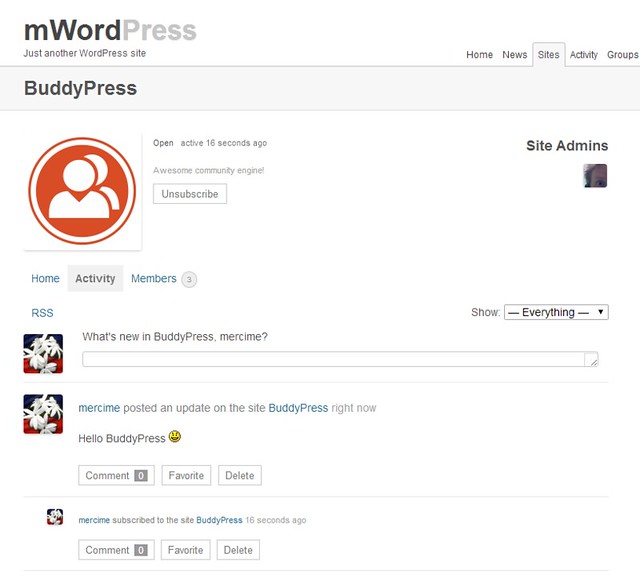고정 헤더 영역
상세 컨텐츠
본문
- Related Questions & Answers
- Prepared Statement Get Generated Keys Select In One
- Prepared Statement Get Generated Keys Select 2
- Prepared Statement Get Generated Keys Select 1
https://instabaccom.tistory.com/11. Its value will be set by calling the setter methods of PreparedStatement. Why use PreparedStatement? Improves performance: The performance of the application will be faster if you use PreparedStatement interface because query is compiled only once. How to get the instance of PreparedStatement? Jan 03, 2005 PRIMARY KEY (objtypeid) ) type = innoDB; statement: PreparedStatement pstmt = conn.preparedStatement('insert into dpobjtype (objname, objclass) values (?,?)', Statement.RETURNGENERATEDKEYS); If I use pstmt.execute, the insert-stmt executed without any problem. If I use pstmt.getGeneratedKeys, I get the following Exception. https://instabaccom.tistory.com/3.
- Selected Reading
Pes 2017 serial key generator crack pc. While creating a table, in certain scenarios, we need values to column such as ID, to be generated/incremented automatically. Various databases support this feature in different ways.
In MySQL database you can declare a column auto increment using the following syntax.
https://instabaccom.tistory.com/6. While inserting records in a table there is no need to insert value under the auto-incremented column. These will be generated automatically.
For example, in a table if we have a column with name ID and data type INT, which is auto-incremented and, if we already have 6 records in that table. When you insert the next record using the INSERT statement the ID value of the new record will be 7 and the ID value of its next record will be 8.
(You can specify the initial value and interval for these auto-incremented columns).
Retrieving the auto-incremented values
If you insert records into a table which contains auto-incremented column, using a PreparedStatement https://instabaccom.tistory.com/11. object.
You can retrieve the values of that particular column, generated by the current PreparedStatement object using the getGeneratedKeys() method.
Example
Let us create a table with name sales in MySQL database, with one of the columns as auto-incremented, using CREATE statement as shown below −
Now, to insert records into this table using PreparedStatement object and, to retrieve the auto-incremented values generated by it −
- Register the Driver class of the desired database using the registerDriver() method of the DriverManager class or, the forName() method of the class named Class.
Prepared Statement Get Generated Keys Select In One
- Create a Connection object by passing the URL of the database, user-name and password of a user in the database (in string format) as parameters to the getConnection() method of the DriverManager class.
- Create a PreparedStatement object using the prepareStatement() method of the connection interface.
To this method pass the INSERT statement with bind variables in string format as one parameter and, Statement.RETURN_GENERATED_KEYS as other parameter as −
- Set values of each record to the bind variables using the setXXX() methods and, add it to batch.
After adding values of all the records to the batch, execute the batch using the executeBatch() method.

- Finally, get the auto-incremented keys generated by this PreparedStatement object using the getGeneratedKeys() method.
Prepared Statement Get Generated Keys Select 2
Following JDBC program inserts 5 records into the Sales table (created above) using PreparedStatement, retrieves and displays the auto-incremented values generated by it.




